The Benefits of Computer Science Education
Jan 10, 2023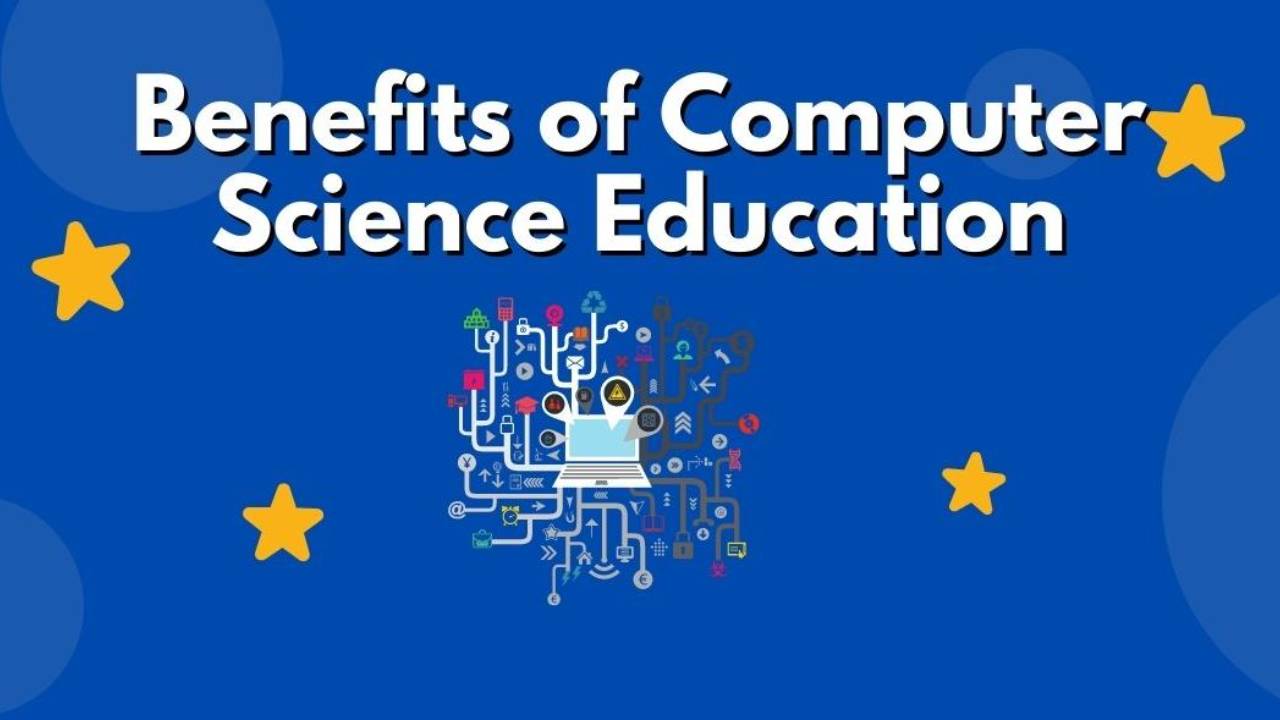
Incorporating CS, or Computer Science, education into our daily curricula has numerous benefits for our students. You may be an English teacher who feels there's no way or need to include this type of learning into your routine, or maybe a homeschool parent who is unsure how to include this type of learning. Maybe your child doesn't express an interest. So, why is it important that we find ways to connect CS Education across curricula and make it engaging for our students?
Here are just a few of the many benefits students gain from learning programming.
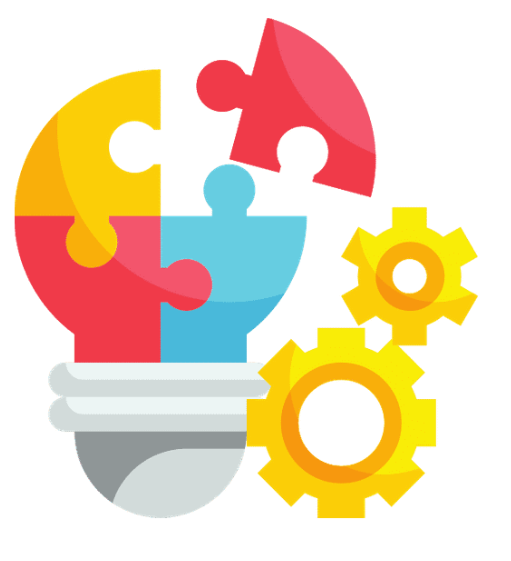
Builds Problem-Solving Skills
Daily life throws problems at us constantly. Learning to problem solve is a skill students can use in any subject, in any career, and in many different life instances. Debugging, or searching for errors in code, is a key part of Computer Science. Every time students find errors in code and create solutions, they are building their problem-solving abilities.
Promotes Perseverance
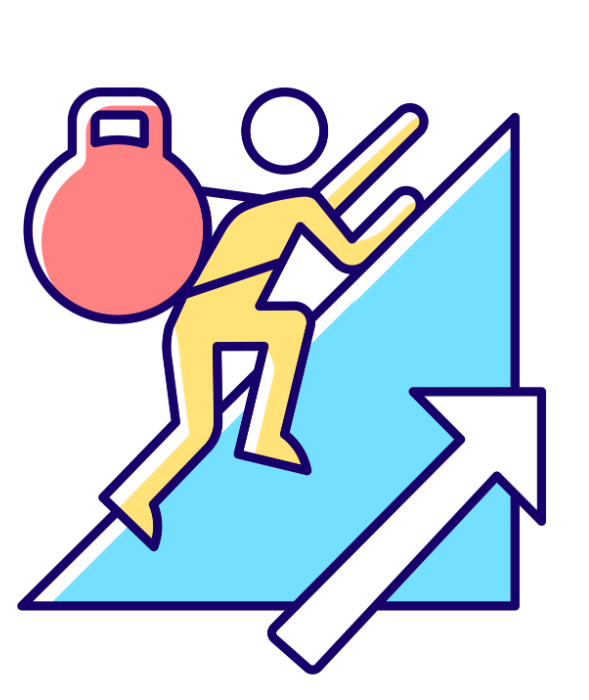
We live in a world where the answers to our questions are right at our fingertips. With a quick Google search, we can find answers without having to think about it ourselves. Consequently, this instant gratification reduces our students' ability to persist through problems and find creative solutions to issues that arise. Learning to write a program in a different way, or finding a unique solution to a problem can result from perseverance, but first students must develop the ability to be persistent.
Develops Transferable Skills
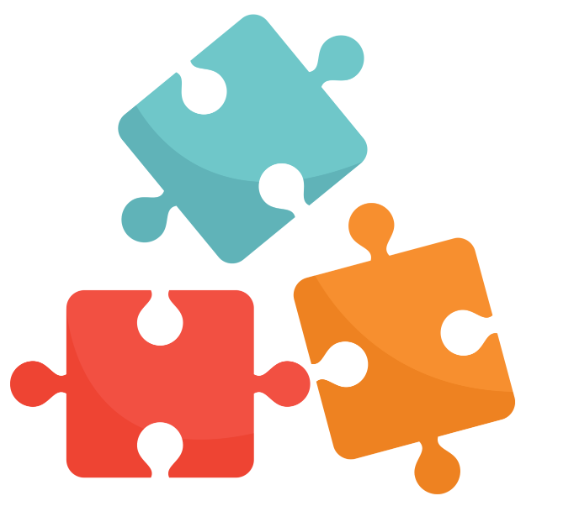
Even if our kids are set on what they want to do when they're older, our goals and desires change with time. Developing a set of skills that can be used in any industry can help make our students more marketable when they are looking to land that full-time job. Some of these transferable skills include (but are not limited to) problem-solving, communication, creativity, resource management and teamwork.
Promotes Career Readiness
Again, even if your student does not want to go into Computer Science, by developing the above-mentioned transferable skills, our learners will be prepared to enter any career. Because of the complexity of some programs and the real-life problem-based learning that connects with Computer Science, engaging in programming is one of the most beneficial areas for career readiness.

Provides Successful Career Options
Our students have the option of many different careers when they are well-versed in computer programming. Every industry that has an online website or database requires the knowledge of a computer scientist. Front-end, back-end and full-stack developers all work on websites, and are needed in a wide range of industries.
Understanding and being able to write in different languages can also open a range of opportunities for our students. For example, knowing JavaScript opens the possibility of working on websites as well as mobile applications. Learning a language like C# or C++ opens the world of game development to our students by equipping them to use Unity or the Unreal Engine.
There are also numerous types of jobs under the umbrella of Computer Science. While we just discussed the two areas of website and game development, there are many others. Becoming a security analyst, IT architect, hardware engineer, or getting a job in the area of Artificial Intelligence are all different options for students who can write and understand code.
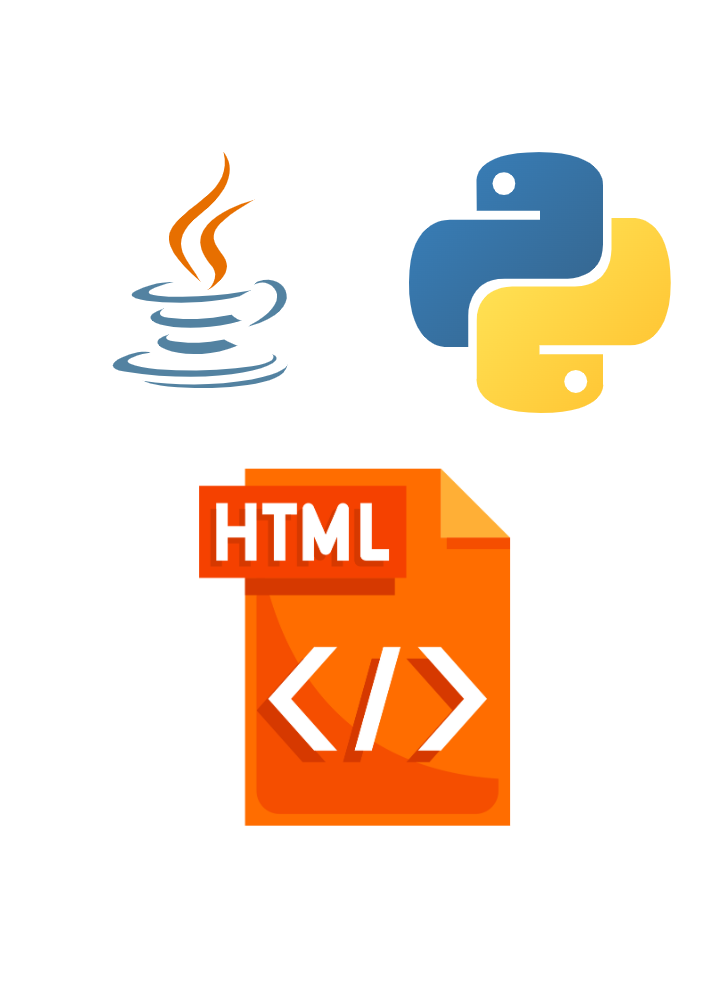
So while you may be an English teacher or a parent whose child does not express interest in learning programming, don’t feel defeated. In English classes, we write. Have students translate their stories into a Scratch project, or focus on the syntax of a programming language as you would with grammar. For the child who is uninterested, you have read about a variety of areas that fall under the umbrella of Computer Science in the Career Options section. If video games are exciting, get your child started with a program that teaches how to develop a game. Find a topic of interest for your student. There is almost always a Computer Science project that can link to this topic.
Check out our Content Library and Content Library Junior for a wide variety of activities. From block-based coding to text-coding to 3D Design, there is sure to be an activity fit for your classroom or homeschool curriculum. And if there’s not, email us! We are dedicated to helping our students prepare for successful futures, and we are with you all every step of the way!
Stay connected with news and updates!
Join our mailing list to receive the latest news and updates from our team.
Don't worry, your information will not be shared.
We hate SPAM. We will never sell your information, for any reason.


